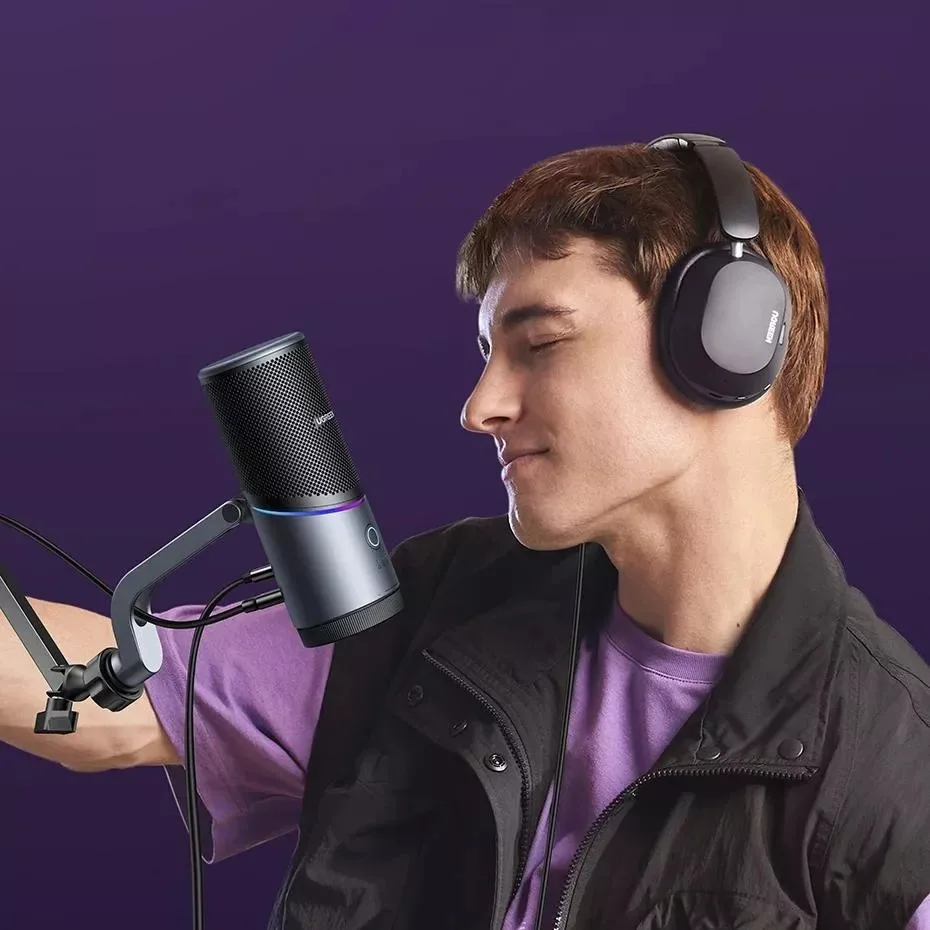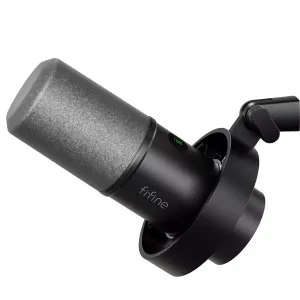-
Shop
- Advanced Technologies
- Auto
- Bathroom
- Clothing & Accessories
- Electronics
- Fashion
- Fashion Accessories
- Festive
- Furniture
- Furniture & Decor
- Gadgets
- Health & Beauty
- Home & Garden
- Home Electronics
- Kids & Babies
- Kitchen
- Lighting
- Patio, Lawn & Garden
- Pet Supplies
- Pets
- Sport
- Sport & Outdoors
- Spring Fashion Pack
- Stores
- Super Deals
- Tools & Equipment
- Travel & Outdoors
- Video Games
- Popular
- Best deals
Things To Look For When Buying A Karaoke Microphone


Things To Look For When Buying A Karaoke Microphone
Karaoke microphones should be fun and high quality, while also demonstrating durability. There are many activities and locations where you can use a karaoke mic – ranging from bars and clubs and going all the way to computer karaoke software. Each of these locations might need a different type of microphone – a USB microphone won’t be of much use in a bar, but it will be perfect for PlayStation or PC software titles and games. However, regardless of what you will use the karaoke microphone for, here are a few qualities that it should have. First of all, make sure the microphone has ambient noise filters, which eliminate background noise. The next step is to determine if the frequency response is right for you: an average response would be around 100-12,000 Hz. A lightweight microphone is always better than a heavier and larger one.
Uni-Directional Dynamic Microphones
These are the most popular karaoke microphones on the market. They offer good frequency responses and usually an average sensitivity of -76 dB +- dB at 1,000 Hz. In most cases, the sizes for uni-directional microphones are around 2 1/16″ X 10 7/16″ and the average weight should be somewhere around 10 Oz. You can get such karaoke mics in cable and wireless models. Cable microphones will work with most karaoke machines and PCs, if they have the right adaptors (although this is not a big issues, since most microphone manufacturers supply these accessories as standard). If you are thinking of getting a wireless karaoke microphone, make sure it has enough range and no connection loss between the microphone and the receiver.
Budget wireless karaoke microphones
You can get a medium to high quality karaoke microphone system for under $100. Budget wireless devices usually have a reason for being cheaper – they offer less quality. When it comes to karaoke microphones, however, “quality” is a very subjective term. While a professional singer will immediately spot a few faults in the sound emitted by budget microphones, an amateur singer is very likely to see no difference whatsoever. Budget karaoke microphones do have a series of advanced features that allow for a good sound quality. Bandwidth filters and a series of intermediate frequency selection circuits prevent background noises from becoming a nuisance. Integrated circuits and automatic loop control circuits ensure a good voice transfer and a low distortion level. Most wireless karaoke microphones come with a built in antenna that allows for uninterrupted transmission between microphone and receiver. Although they might not offer the same quality levels and even durability of semi professional and professional microphones, budget karaoke microphones might just be the perfect investment for a home user and even for a bar and club.




















Leave a comment